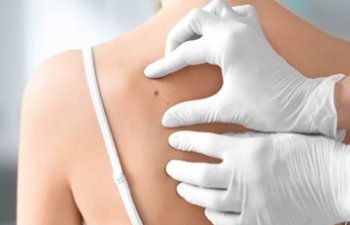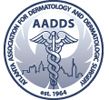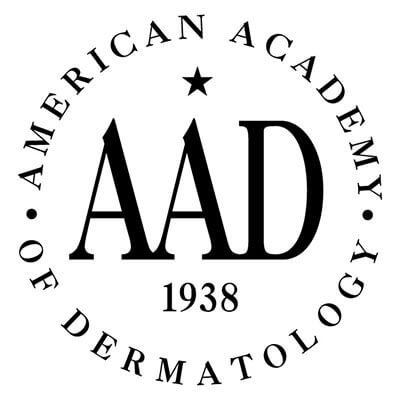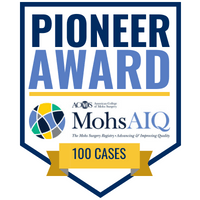
Three and a half million Americans will be diagnosed with skin cancer this year. A skin cancer develops when skin cell’s DNA becomes damaged. The defective DNA allows the cell to continue to grow, produce more damaged cells, and spread through the body. The best way to protect yourself from skin cancer is to protect your skin from UV light by avoiding tanning beds, wearing sunscreen on a daily basis, wearing protective clothing, and avoiding midday sun. Unfortunately, even the most avid sunscreen wearers may still develop skin cancer. The most common type of skin cancer diagnosed today is basal cell carcinoma.
- What is Basal Cell Carcinoma?
- Basal cell cancers make up 80% of all skin cancers. These cancers are called basal cell, because they arise from cancerous cells in the lowest, or base, layer of the skin called the epidermis. Basal cells are usually located on an area of skin which is frequently exposed to the sun, such as the face, ears, scalp, arms, hands, and chest. A basal cell cancer may start as a small shiny pink or red bump or may appear as a sore that just won’t heal. These cancers are usually very slow growing, and may even be visible for months before diagnosis. Luckily, basal cell cancers generally are easily treated and only rarely spread. Early detection and treatment is the best way to prevent the spread of basal cell carcinoma.
- How is Basal Cell Carcinoma treated?
- Basal cell skin cancers may be treated with several different techniques, but usually require excision, or cutting the lesion out of the skin. Since it can often be difficult to determine where the skin cancer ends, a special procedure has been developed to ensure all cancer cells are removed before the patient is sent home; it is called Mohs surgery. Mohs surgery allows for a very precise excision to conserve healthy non-cancerous tissue. Patients are often left with unnoticeable scarring in even high risk locations, such as the eyelid, ear, nose, and fingers. Also, since the cancer is visualized and all cells are removed, recurrence rates of basal cell cancers treated with Mohs surgery are extremely low at only 1%. The entire process takes as little as a few hours, and can safely be performed in an outpatient setting.
- How is Mohs Surgery done?
- The following diagrams may help you visualize exactly how Mohs surgery is performed.
First the skin cancer is examined.
Then, the area visible to the eye is removed.
Next, a thin layer is cut to evaluate the skin cancer beneath the skin. A map is drawn on paper to match the skin cancer, and the piece of skin removed is dyed so that the surgeon is able to see where the cancerous cells remain.
Since the surgeon is able to see exactly where the cancerous cells are left, another layer is taken only in the area needed. This is repeated until all cancerous cells are removed. - Where should I go to have my MOHS Surgery completed?
- When choosing the correct physician to treat your skin cancer, you are essentially choosing three doctors: a dermatologist, a pathologist, and a reconstructive surgeon. While some physicians may say they perform Mohs surgery, many are not board certified in this technique. Members of the American College of Mohs Surgeons were carefully selected to undergo an intense 1-2 year fellowship program in Mohs surgery. Not only are they taught excisional techniques in even the most difficult locations, but are also given hands on instruction on complex multi-step wound closures. Mohs college trained surgeons are experts in rare tumor pathology, complications, and how to approach recurrences. They are required o participate in 500 Mohs surgery cases prior to completion of the fellowship. By choosing a college trained Mohs surgeon, you are sure to receive the highest competency and achieve the best possible outcome. You can check to see if your dermatologist is board certified in Mohs surgery on the Mohs college website at http://www.mohscollege.org
Skin cancer is the most common cancer in the United States today. Fortunately, 99% of these cancers can be cured if caught early. To learn more about Mohs surgery or to have your skin checked for cancer, contact Dr. Kayal, Mohs certified surgeon, for a free consultation at 770-426-7177.
Posted on behalf of
141 Lacy Street, Suite 200
Marietta, GA 30060
Phone: (770) 426-7177
FAX: (770) 426-7745
Email: kayaldermatology@gmail.com
Mon-Fri: 7:30 am – 5:00 pm







